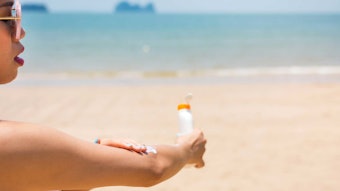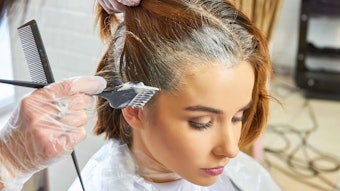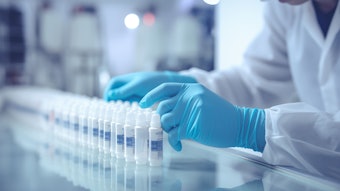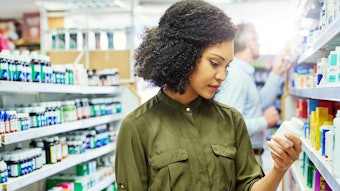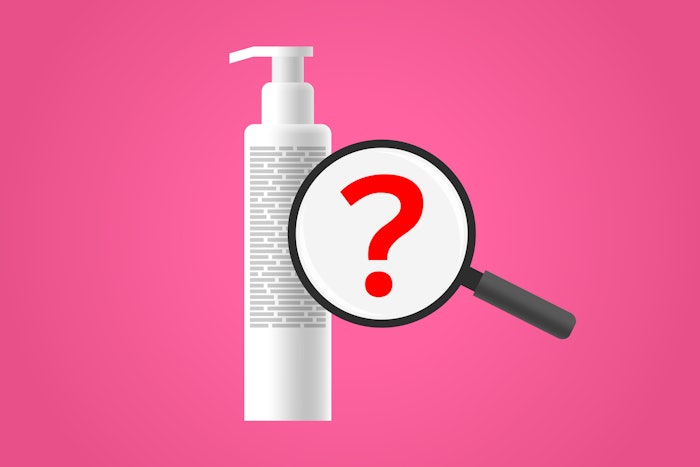
In the last few months, a wide array of high-profile holdout brands have finally landed on Amazon, including Too Faced, Function of Beauty and many more. Yet the platform's well-known issues with counterfeit and gray market offerings persist.
In response, the Personal Care Products Council (PCPC) has enthusiastically welcomed the advancement of the long-gestating Stopping Harmful Offers on Platforms by Screening Against Fakes in E-Commerce (SHOP SAFE) Act of 2024.
Counterfeits Are a Multi-billion-dollar Beauty Problem
In 2020, one report noted that "cosmetic companies suffered a loss of 4.7 billion euros or USD 5.16 billion in lost sales due to counterfeiting."
Another report state, "70% of beauty and personal care brands suffer from counterfeits within digital marketplaces, whilst 60% suffer from brand abuse throughout online channels. 40% of the infringements we find are within marketplaces, 30% are detected on social networks, and the remaining 30% are fake or rogue sites which imitate the look and feel of the official brand with the intention of deceiving unsuspecting shoppers."
Online fakes are a serious concern in the U.S. market because, per Statista, "46% of shoppers in the United States were purchasing beauty products through online channels, more than any other country surveyed."
From a wider perspective, McKinsey has estimated that 22% of 2023 beauty retail sales globally took place online.
The SHOP SAFE Act Takes on Beauty E-commerce
Led by Reps. Darrell Issa (CA-48), Jerrold Nadler (NY-12), Ben Cline (VA-06) and Hank Johnson (GA-04), the act addresses many concerns brands have about e-commerce platforms offering questionable beauty products.
“E-commerce platforms create opportunities for legitimate companies to grow and reach new consumers, providing them with more choices and greater convenience," PCPC notes. "However, the current structure is vulnerable to exploitation and contributes significantly to a rise in illicit trade. Counterfeit personal care products damage businesses, disregard regulatory protections and more importantly threaten consumers’ health and safety."
PCPC adds, “Consumers should have the same assurance that the products they purchase online are as safe and effective as the products they purchase in a brick-and-mortar store. Our member companies invest substantial resources to ensure the safety and quality of their products and U.S. laws hold our members accountable for doing so. The SHOP SAFE Act would even the playing field."
PCPC concluded, “We encourage Congress to establish a system that makes online marketplaces and others responsible for ensuring that products on their e-commerce platforms comply with U.S. laws and regulations. Legislation should also establish a minimum threshold for submission and validation of identification, banking and product authentication documentation to provide consumers greater confidence that the products they purchase are authentic and safe."
